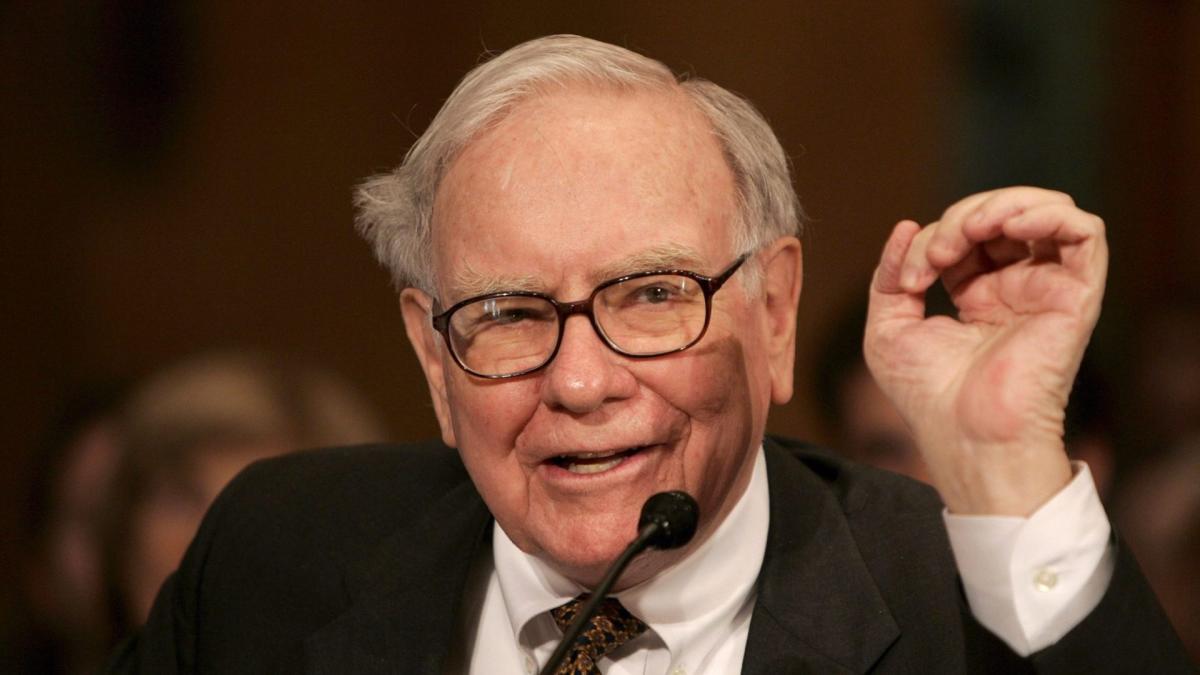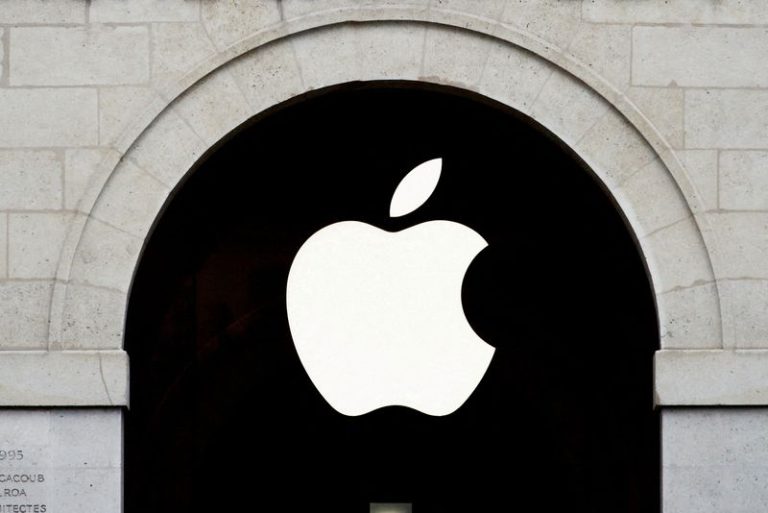The investment world shook a bit on May 3, 2025, when legendary investor Warren Buffett announced he was stepping down as CEO of Berkshire Hathaway. Ever since he took over the company in 1965, Buffett has been the poster child of value investing, posting extraordinary returns that dwarfed those of the S&P 500.
Advertisement: High Yield Savings Offers
Read Next: Warren Buffett’s Top 4 Tips for Getting Richer
Check Out: 9 Downsizing Tips for the Middle Class To Save on Monthly Expenses
Now that the 94-year-old Buffett is stepping away from the limelight, it’s a great time to take a look at just how impressive those returns have been. Here’s how much you’d have in your account now if you had invested just $10,000 in Berkshire Hathaway during Buffett’s tenure.
Also see why Berkshire Hathaway bought over $73 million shares of this tech company.
There’s no way to look at Berkshire Hathaway’s returns over the past 60 years and be anything but astonished. According to the company’s 2024 annual report, the company provided compound returns of 19.9% per year from 1965 to 2024, which is more than double the S&P 500’s 10.4% return over the same time period.
Not impressive enough? On an absolute basis, that translates to a 5,502,284% total return through 2024, versus the S&P 500’s comparatively meager 39,054%, per the report. Considering the S&P 500 is generally considered the benchmark that professional money managers try — and typically fail — to beat over time, that performance gap is nothing short of incredible.
Here’s another incredible statistic regarding Berkshire’s performance. According to Barron’s, even if Berkshire shares fell by 99%, from $795,400 (as of May 2) to $7,954, it would still have outperformed the S&P 500 since 1965, by a 10.5% to 10.4% margin.
Learn More: 10 Genius Things Warren Buffett Says To Do With Your Money
So what does all this outperformance translate to in terms of dollars and cents?
If you had invested $10,000 in Berkshire Hathaway in 1965, by the end of 2024, you would have had about $550 million.
At that rate, even a 4% high-yield savings account would provide you with $22 million in interest income per year on that amount of money. However, it’s not likely that many of Berkshire’s long-term shareholders would liquidate their stock and move it to a savings account.
In the early 2020s, some naysayers came out of the woods and put out reports showing how Buffett and Berkshire were no longer consistently outperforming the S&P 500. Indeed, Buffett himself has repeatedly said that Berkshire’s immense size makes it more difficult to invest in companies that could “move the needle” in terms of performance. Yet, to paraphrase the famous Mark Twain quote, the rumors of Buffett’s demise have been greatly exaggerated.







